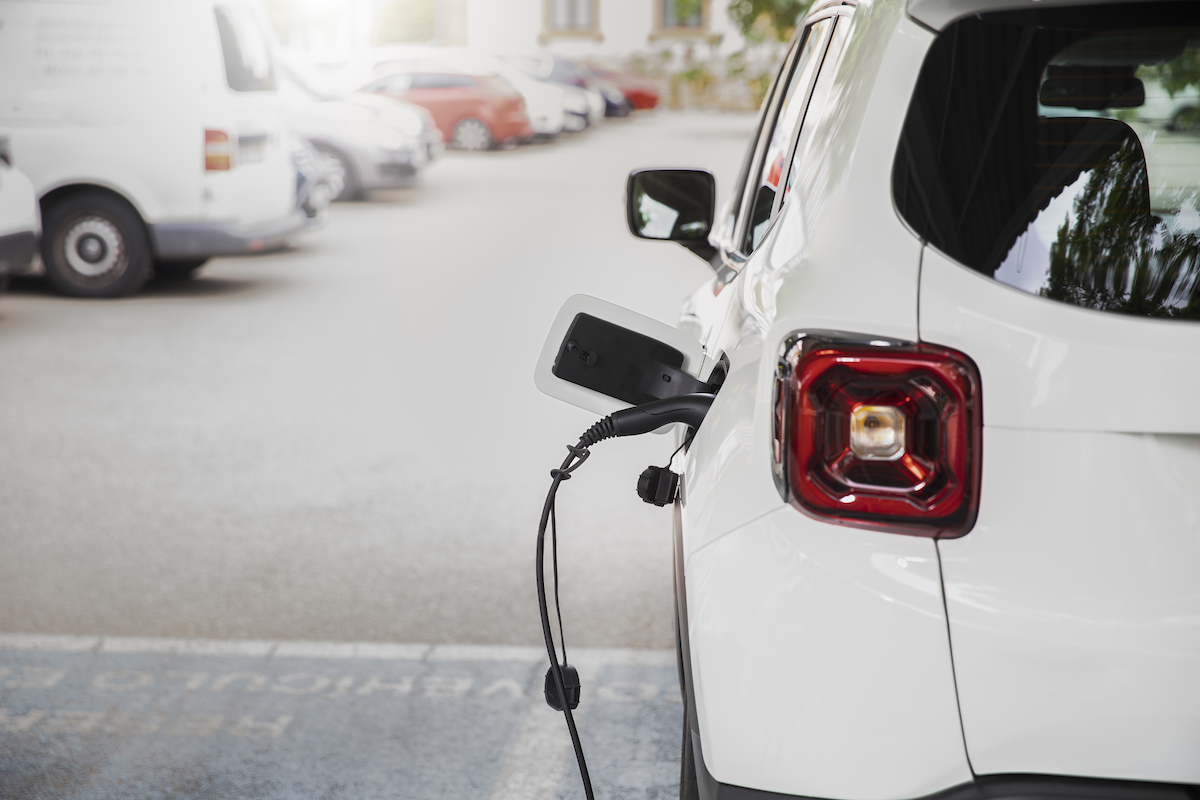A Farmworker Community Leads in Green Transportation
California Innovating Solutions to Transportation Inequities

Poor communities get overlooked, neglected, and sometimes exploited as dumping grounds. This is true for farmworker communities. One town, Huron, just over 6,000 residents, mostly Hispanic fieldworkers, is changing this pattern. Most of us have probably never hear of this place in California’s Central Valley. It is one of the most fertile places on Earth and produces windfall profits for big agribusiness but not for seasonal workers.
Rey León, the town’s mayor for the past five years and son of a bracero migrant from Mexico, remembers as a boy traveling 53 miles by bus for three hours to visit a cousin in the hospital. Years later, after graduating from UC Berkeley and returning to Huron, he tried to get reliable bus routes for his community but without success. Eventually he was able to obtain an assortment of grants from state climate programs that industrial polluters are required to fund. With this money, he created the Green Raiteros program — a program of nine electric vehicles that shuttle residents all over Fresno County free of charge. The name, Raitero, is from a slang word meaning “ride.” Raitero is a person who offers a ride. People can use this service as often as needed by reserving a ride a few days in advance.
Affordable and reliable transportation is crucial for poor folks to avail themselves of health-care services. Wives and their children often rely on husbands to get to distant medical appointments, frequently losing a day’s wage in the process. Imagine the impact when the median annual household income in Huron is $25,000.
Sign up for Indy Today to receive fresh news from Independent.com, in your inbox, every morning.
León’s program, with 30 public charging stations, already has the greatest density of electric ports per capita anywhere in America, even accounting for the wealthiest ZIP codes. There are only a few places nationwide that have tried to integrate electric vehicles into low-income communities, and almost all are in California. According to the UCLA Luskin Center for Innovation, getting green vehicles into marginalized communities is “the greatest challenge we face in meeting our climate goals.” Cities in California are starting to innovate solutions to this problem.
Rancho San Pedro, a polluted neighborhood in Southern California with 450 subsidized apartments, has created a car-sharing program where electric cars are available to enrolled residents for $3 an hour.
Money no longer seems to be an issue since Congress passed the infrastructure package. The Biden administration is committed to addressing deep inequities in the transition to green transportation. It is looking to Huron and similar programs that have reversed the normal top-down model deployed in communities. Local leadership is the best approach to confronting climate change, environmental injustices, and lifting up the most marginalized. Once again California is proving to be an innovator and exporter of outside-the-box policies and ideas.
Support the Santa Barbara Independent through a long-term or a single contribution.



